Elon Musk just handed Samsung a much-needed lifeline — and in classic Musk fashion, he did it with a flair.
The Tesla CEO confirmed on X that the automaker has inked a $16.5 billion chip deal with Samsung Electronics, sending shockwaves through the tech and auto worlds. The chips will be built at Samsung’s long-delayed, nearly customer-less plant in Taylor, Texas, and they’ll power Tesla’s upcoming AI6 chips, which Musk says are key to the next-gen Full Self-Driving system.
And Musk isn’t just signing checks. He says he’s getting hands-on:
“I will walk the line personally to accelerate the pace of progress,” he posted on X. “And the fab is conveniently located not far from my house.”
That’s one way to keep tabs on production.
Samsung, once seen as the up-and-comer in chip manufacturing, has been falling behind rivals like TSMC — who counts Apple, Nvidia, and Qualcomm as clients. Unlike TSMC, which controls over 67% of the global foundry market, Samsung has been stuck under 8% and bleeding money from its contract chip business.
So it’s no surprise that after Musk dropped the news, Samsung shares jumped nearly 7%, hitting their highest level since last September. Investors clearly liked what they heard.
“This order is quite meaningful,” said analyst Ryu Young-ho of NH Investment & Securities. “The Taylor fab so far had virtually no customers.”
No longer.
Right now, Samsung makes Tesla’s AI4 chips — the brains behind its current Full Self-Driving system. AI5 is being built by TSMC, with production starting in Taiwan and eventually moving to Arizona. AI6, the latest chip announced, will be made by Samsung in Texas.
No firm timeline was given, but based on past statements from Musk (and his infamous tendency to miss deadlines), 2027 or 2028 feels realistic for AI6.
Still, Musk says the $16.5 billion figure is just the start:
“Actual output is likely to be several times higher.”
The deal comes at a pivotal moment for Tesla. The automaker is under pressure to finally deliver on its promise of full self-driving cars — a goal Musk has been chasing for nearly a decade. Despite launching a robotaxi service in Austin, users still need to keep their hands on the wheel, and videos have surfaced showing the cars doing things like running stop signs.
Musk said on a recent earnings call that Tesla could face “a few rough quarters” before launching true autonomous vehicles at scale — maybe by late 2026.
So why sign on with Samsung now? It could be a way to diversify chip sources, speed up development, and reduce reliance on TSMC. It may also signal Tesla’s confidence in Samsung’s new 2-nanometer chip process — crucial for handling the AI-heavy workloads of future vehicles.
Samsung has had a rough ride lately. Its foundry business has been hemorrhaging money — to the tune of $3.6 billion in losses in the first half of the year, according to Kiwoom Securities. It even delayed the opening of its Texas fab to 2026, thanks to a lack of orders.
This deal with Tesla could turn things around. And more than the money, it’s the symbolic value that matters: if Samsung can land Tesla, others might follow.
Pak Yuak, an analyst at Kiwoom, put it bluntly:
“This will help a lot.”
Some are also wondering if the deal has political undertones. With South Korea and the US negotiating trade deals and eyeing potential chip alliances, this high-profile contract could grease some diplomatic wheels.
For Samsung, it’s a shot of adrenaline into a sleepy foundry business. For Tesla, it’s a strategic chip partnership that could finally move the needle on Musk’s long-promised self-driving future.
And for everyone else? It’s yet another reminder that when Musk tweets, markets move — and multi-billion-dollar deals might just be one post away.
With input from CNN, Bloomberg, and the Wall Street Journal.
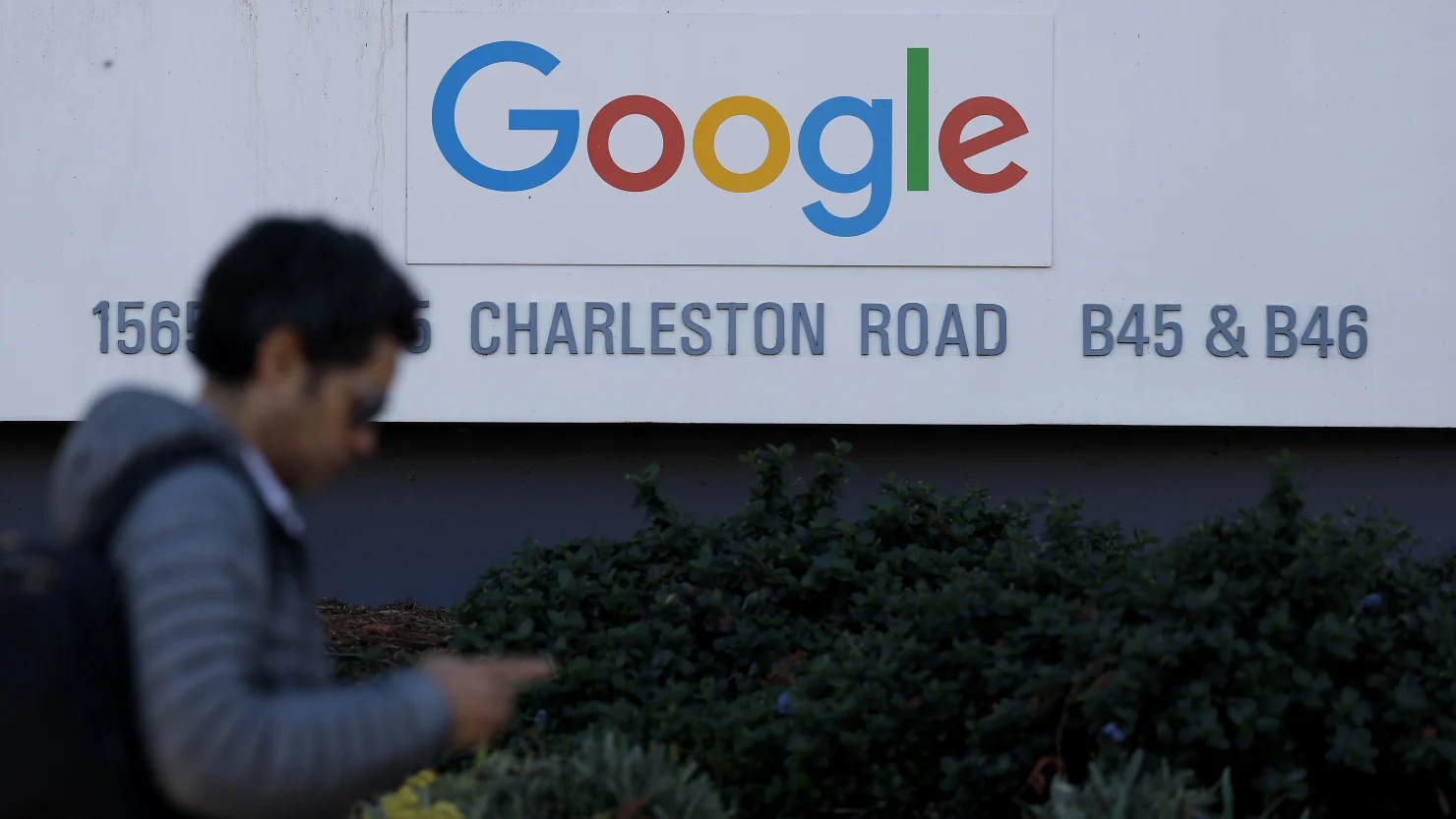
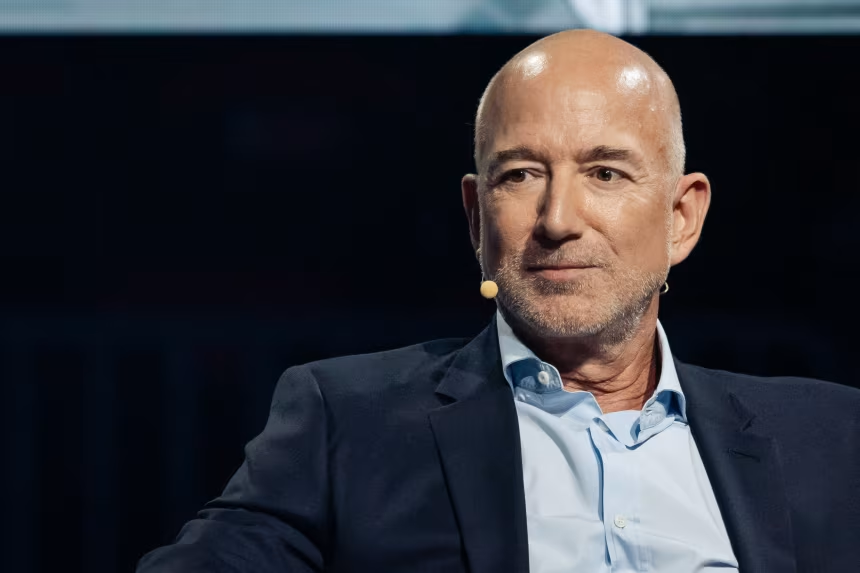
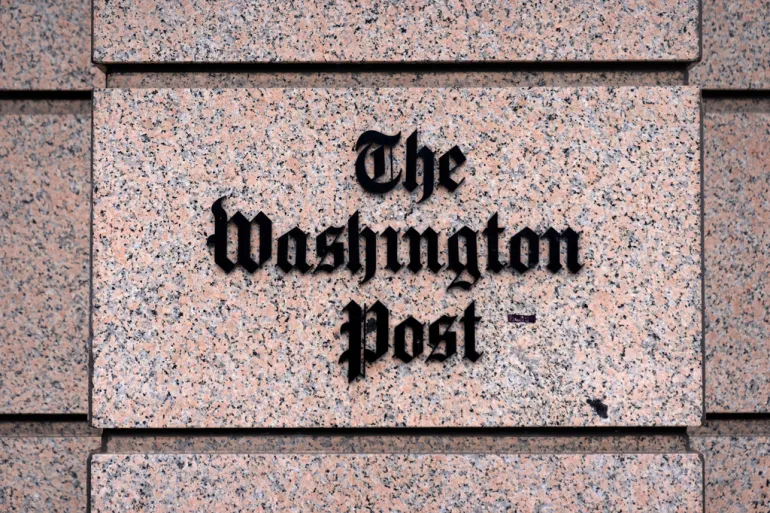
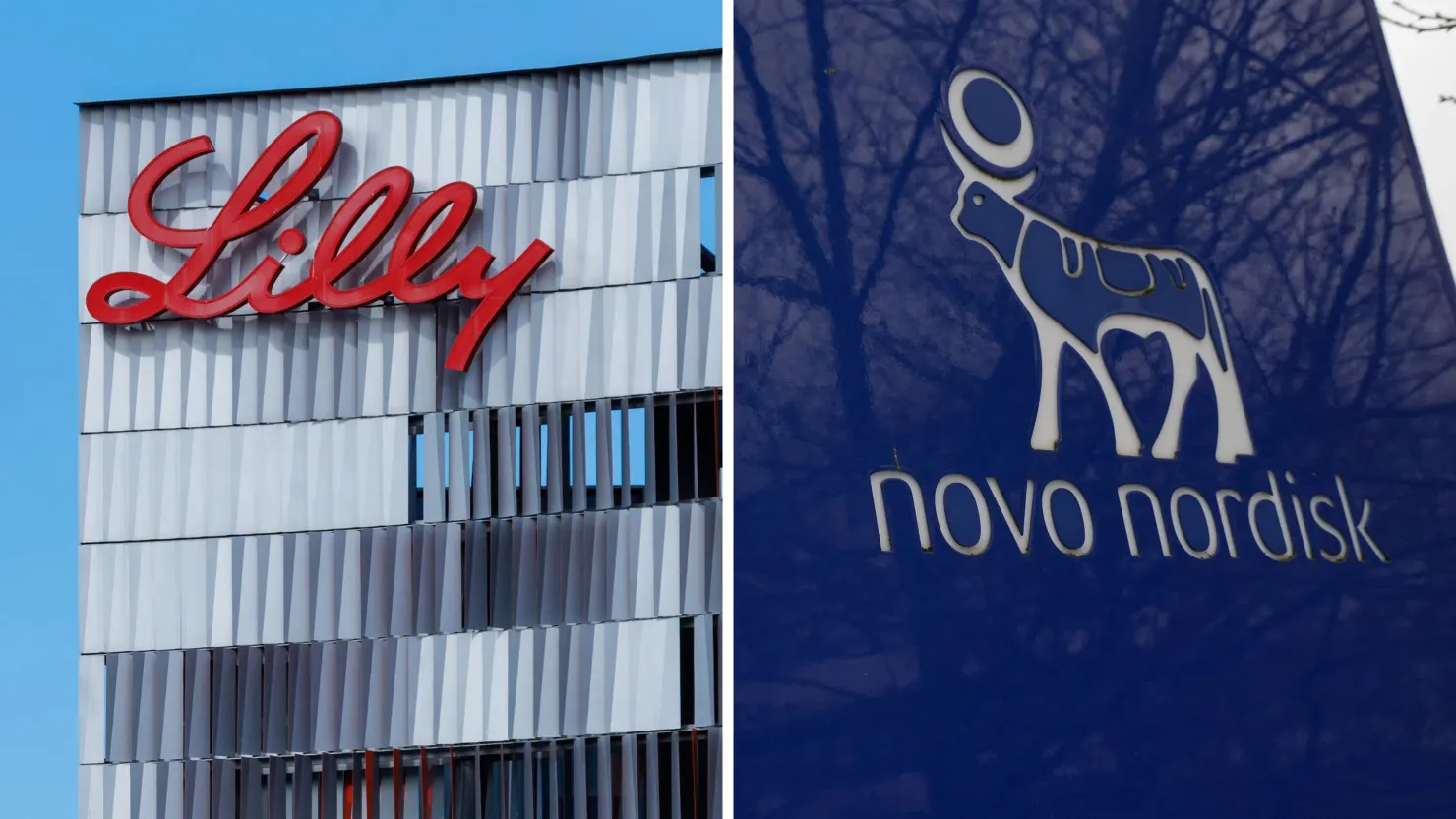
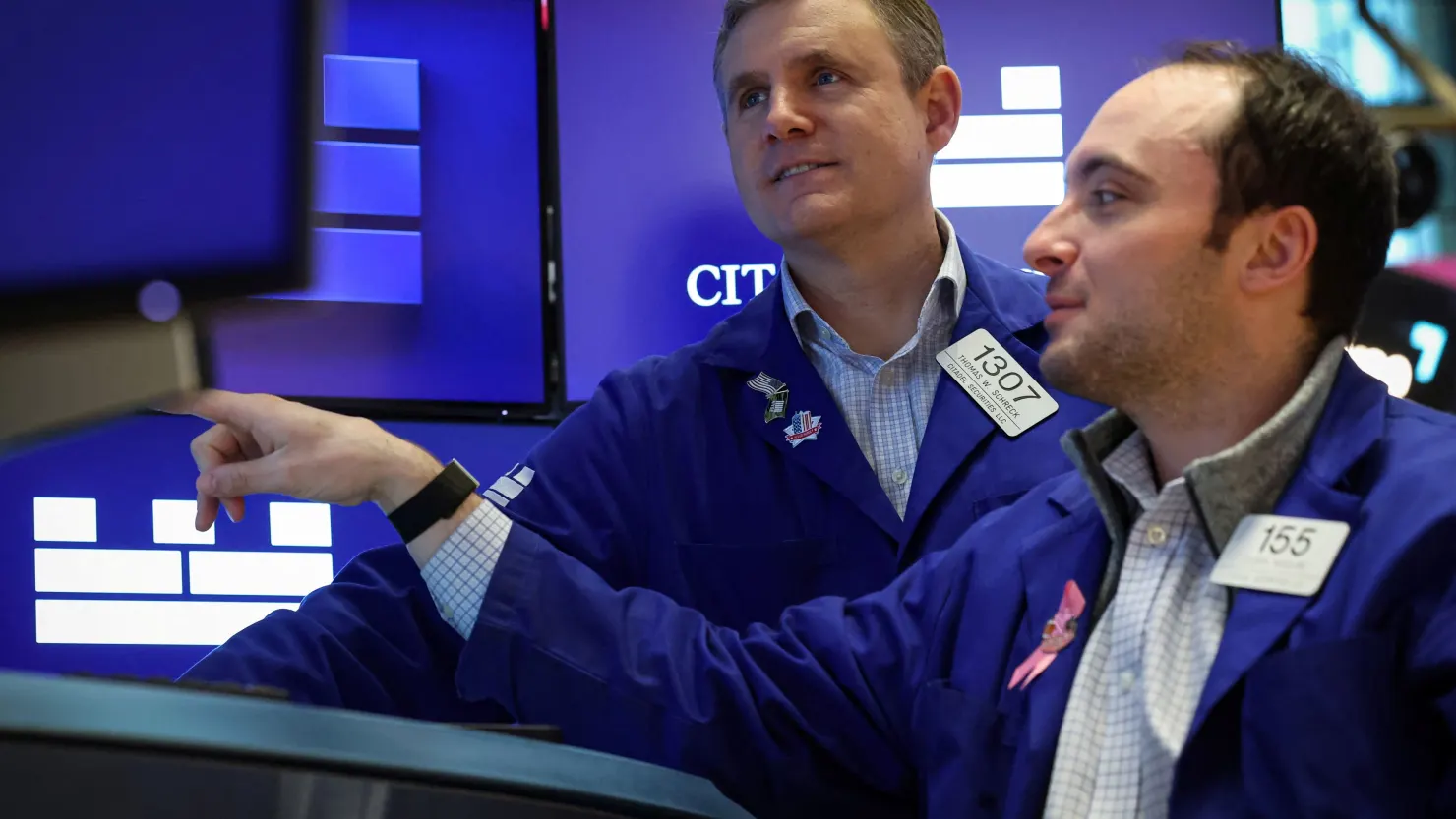
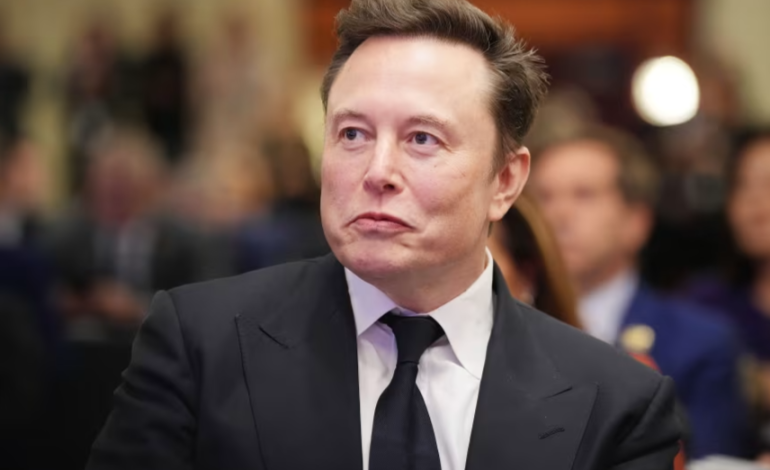




The latest news in your social feeds
Subscribe to our social media platforms to stay tuned